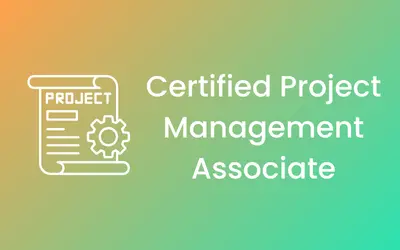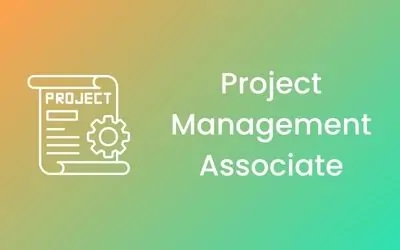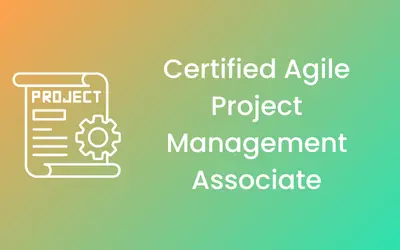Certified Project Management Professional
SF-PM-CPMA-1811
-

-
(310 Reviews)
- Career: proven record of completing projects on time and under budget as a Certified Project Management Associate.
- Skills: Strong client management and communication skills guarantee that projects comply with business goals.
- Internship: finished a one-month internship program where I received practical project planning, execution, and monitoring experience.










